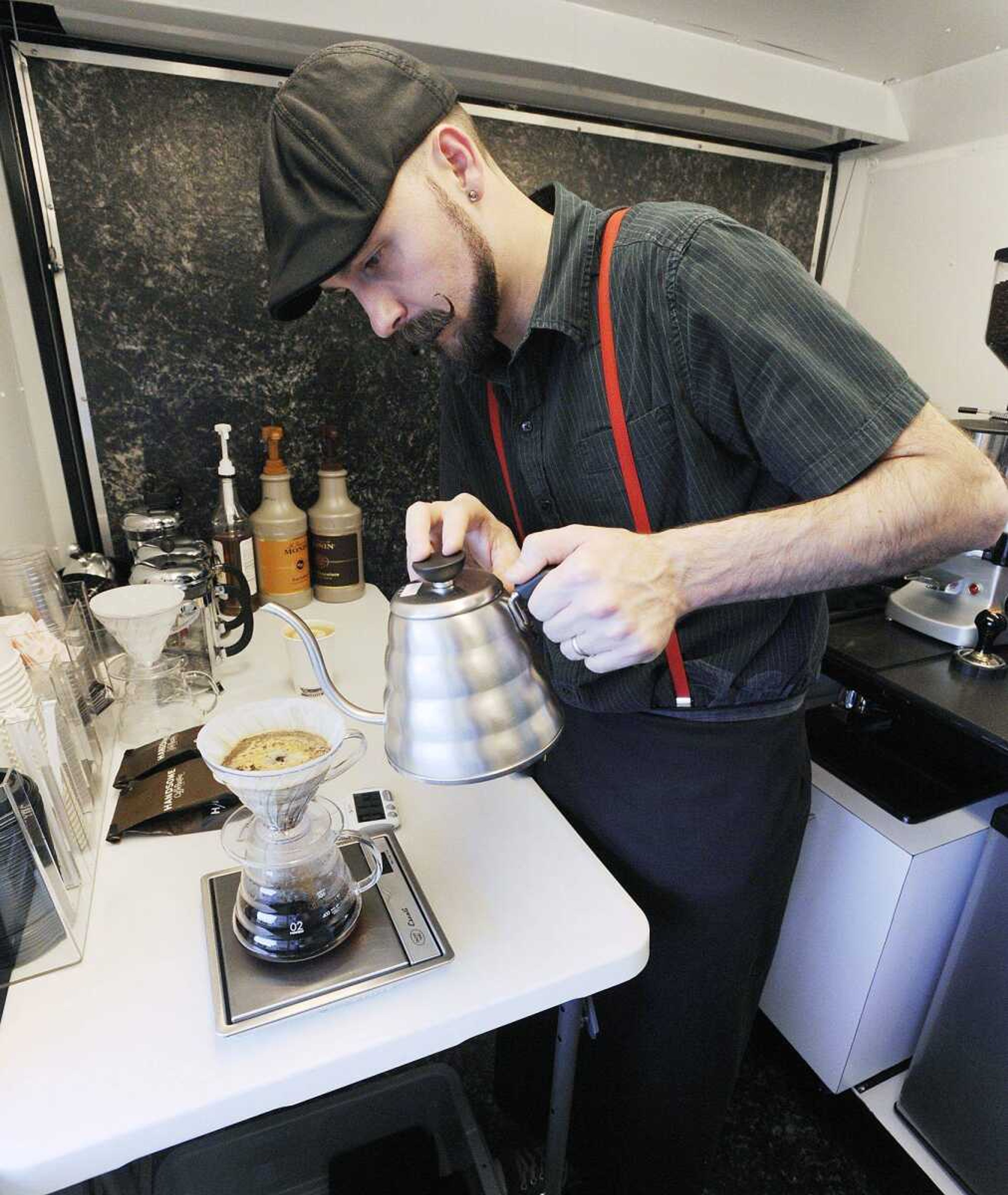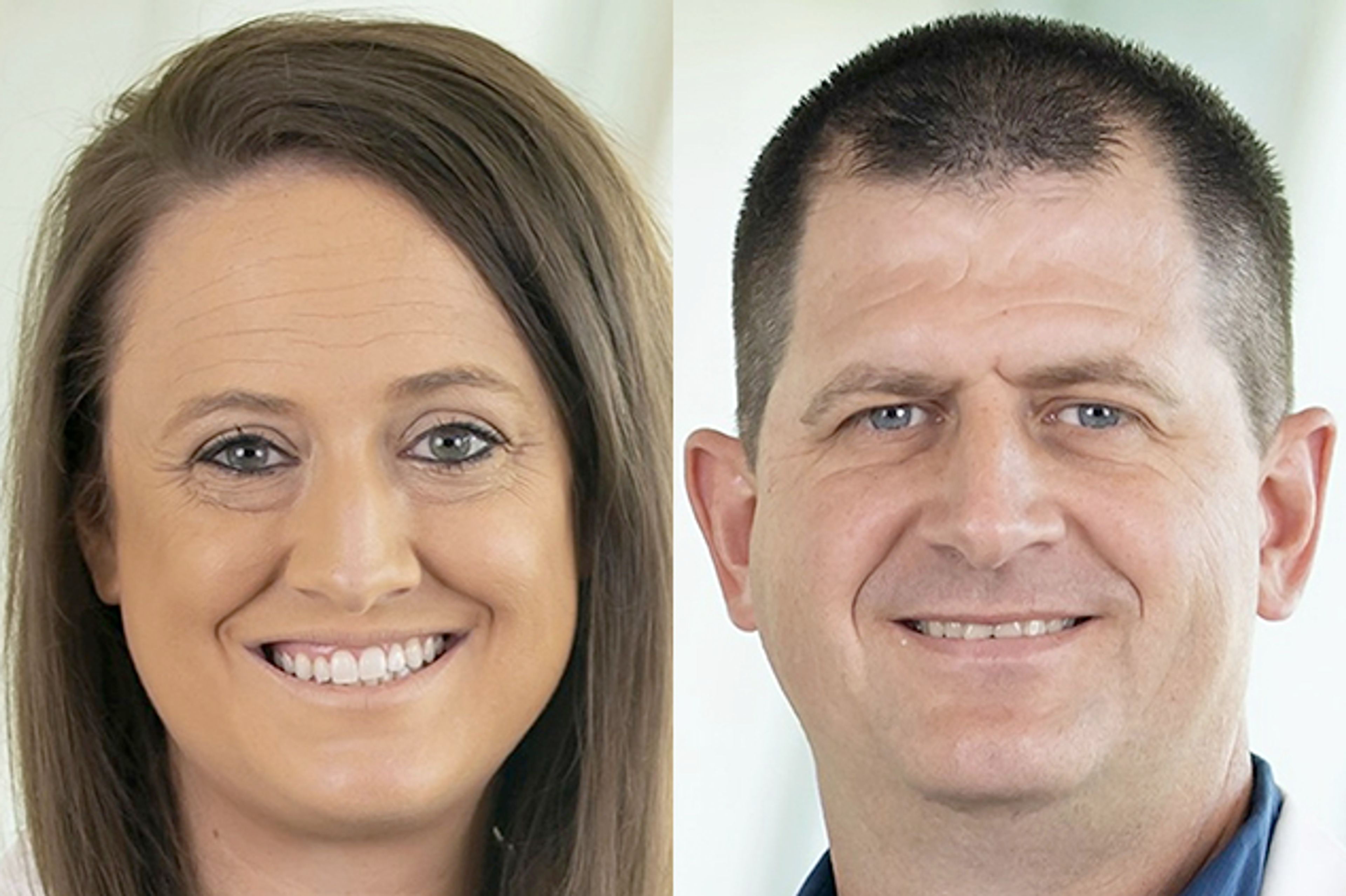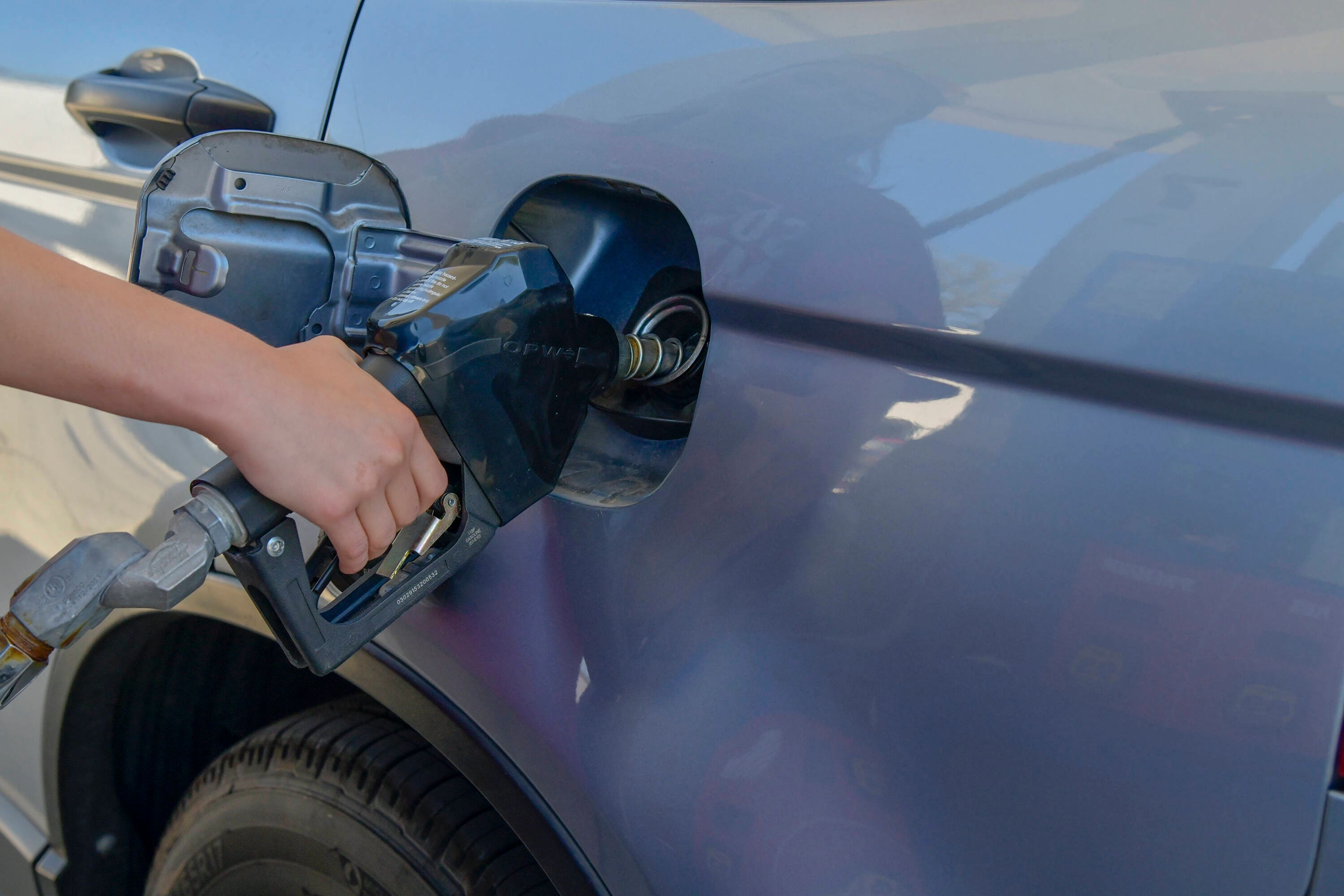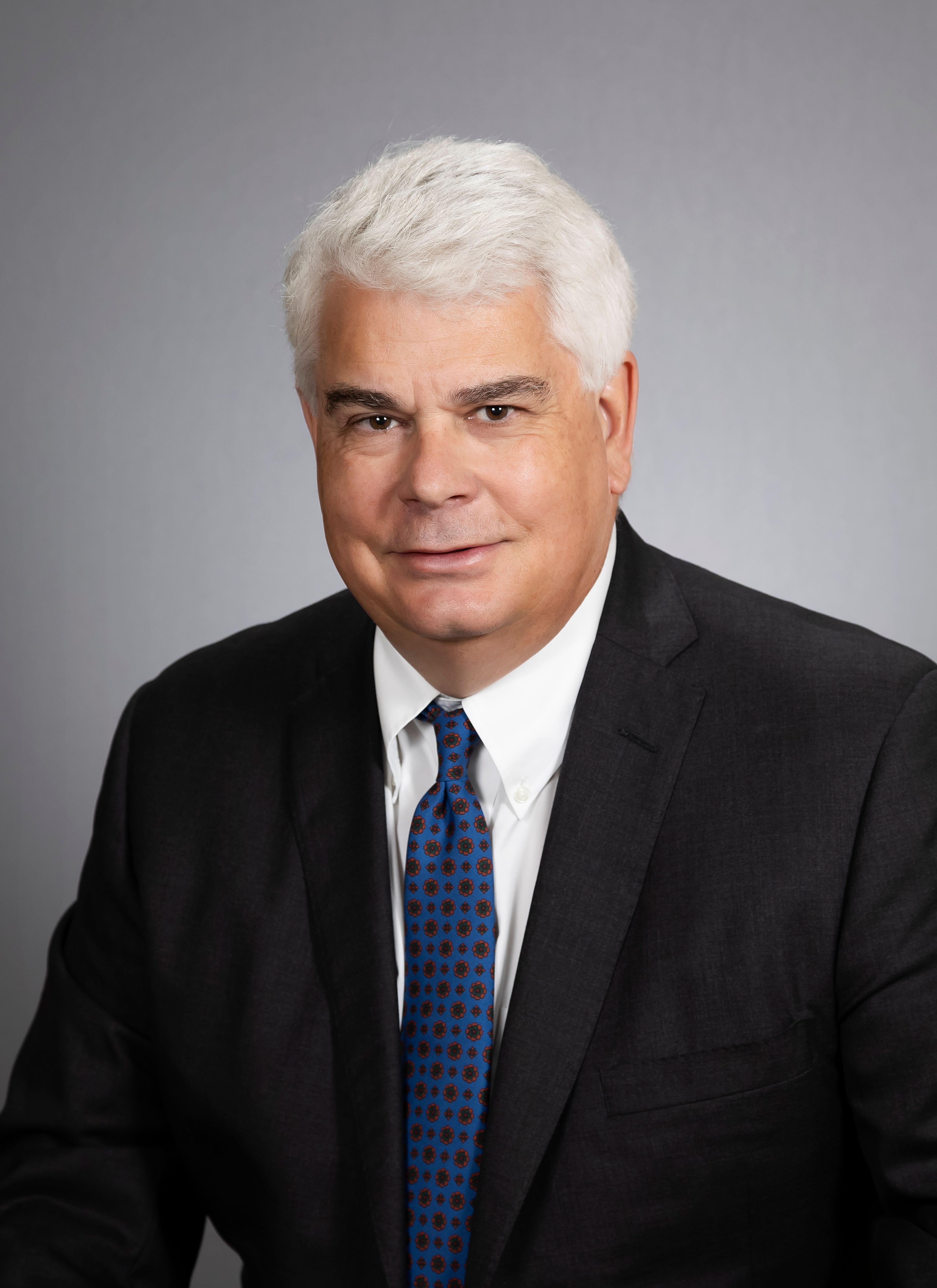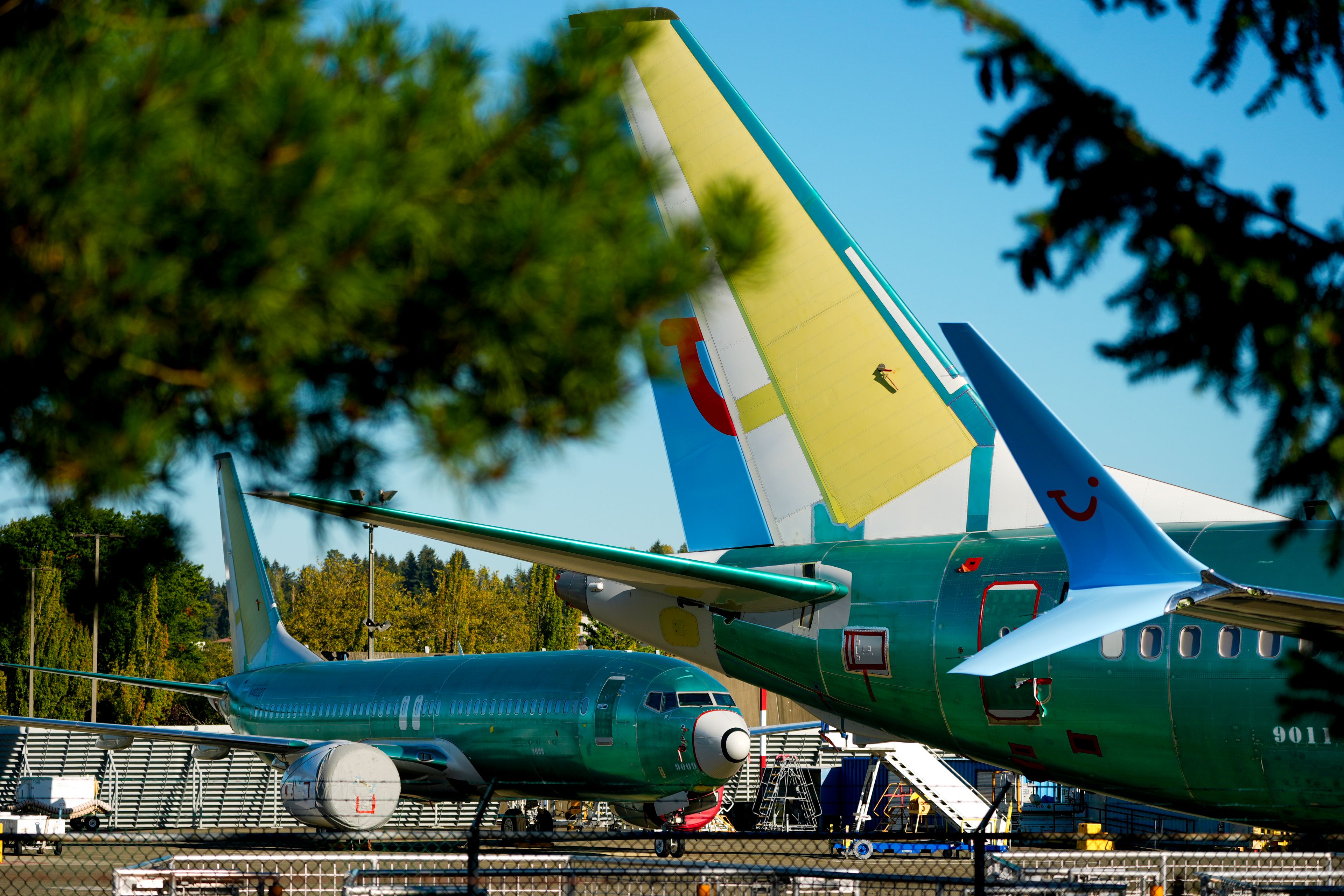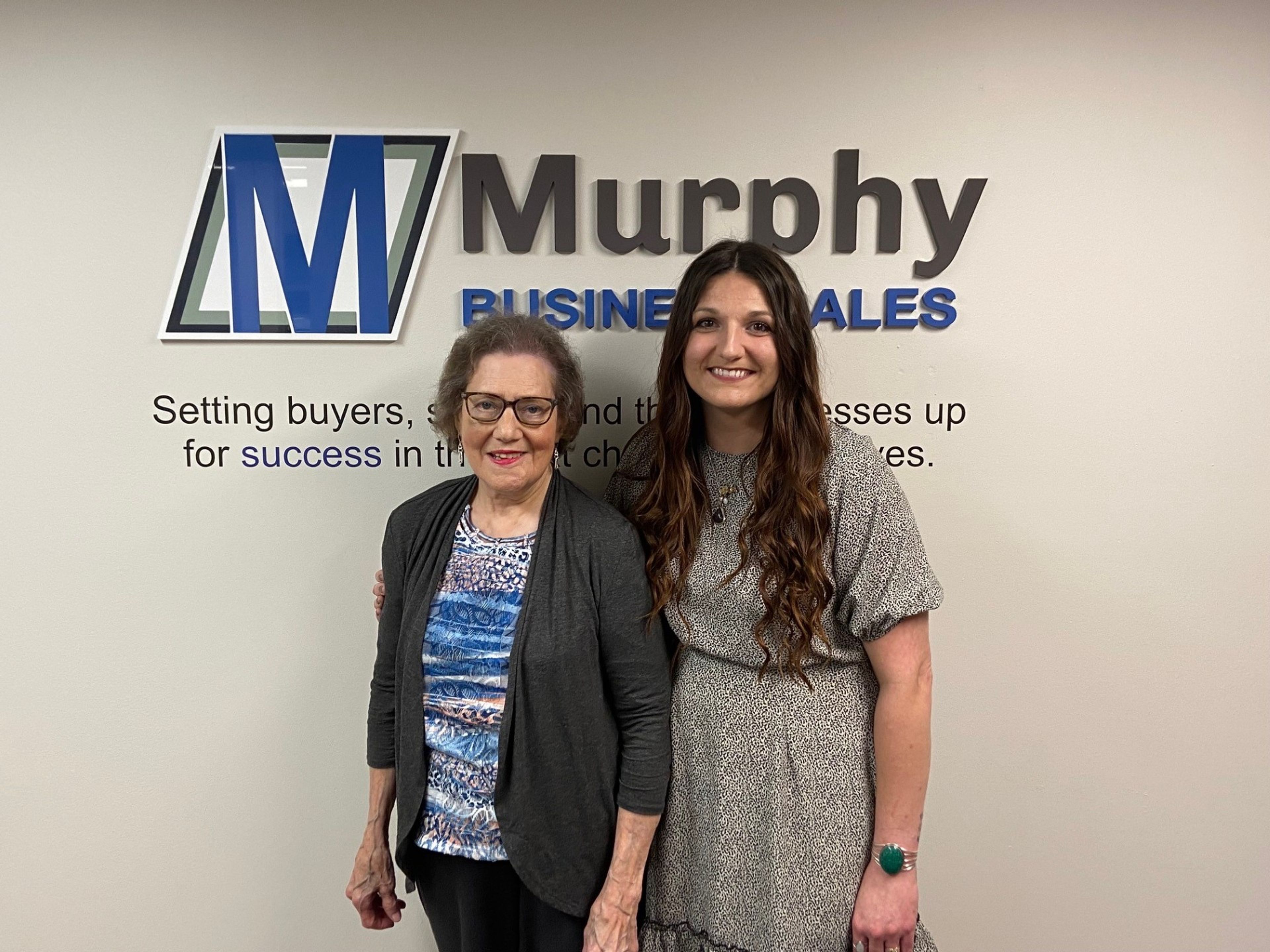Talking shop with Robbie Britt, owner of Dynamite Coffee
When it comes to coffee, Robbie Britt is competitive. The owner of Dynamite Coffee just finished in the top six at the Big Central Regional Barista Competition held in Chicago in March. This qualified him to compete in the United States Barista Championships in Portland, Ore., later this month. ...
When it comes to coffee, Robbie Britt is competitive. The owner of Dynamite Coffee just finished in the top six at the Big Central Regional Barista Competition held in Chicago in March. This qualified him to compete in the United States Barista Championships in Portland, Ore., later this month. Britt is hoping to improve on his 16th-place finish at last year's championships, which is sponsored by the Specialty Coffee Association of America. He's getting plenty of practice serving shoppers out of his little red trailer in front of the main entrance to West Park Mall. While his business is starting small, Britt hopes it will grow to one day encompass all the steps involved in making a great cup of coffee, from bean fields in Central America to the steaming cup in his customer's hands.
Q: How did you get your start as a barista?
A: It was my last semester in college and basically, I needed a job. I applied at the shop downtown, Grace Cafe. I worked there for about five years. I started getting into the science behind it, latte art -- drawing designs. I discovered there were just layers to this. It's a big customer service job. You have to really like people, which I do. If it's just putting a smile on somebody's face, that makes my day.
Q: You've been a barista for about nine years, when was your first coffee competition?
A: My first competition was in 2007 in Atlanta at an event called Coffee Fest. It was a latte art competition. That was my first taste. I'm competitive, I played sports in high school and did intermurals in college. I have that bone in me. It's just a way to get some of that out, but at the same time, it's a great way to learn. You get tactile, tangible information saying this is what you're great at and this is where you're not so good.
Q: What are you asked to do in a barista competition?
A: There are 12 drinks served in 15 minutes. Four espressos, four cappuccino and four signature beverages. That's where you get to get creative. Depending on your knowledge of the coffee, you're wanting to either enhance certain flavors or aromatics in there, or showcase something all together different. It's your way to interpret the coffee. You want to give the judges a better glimpse of what's there in the presentation. You're graded on your customer service skills down to sensory experience -- is there a certain color and texture. You have 15 minutes for prep and 15 minutes to compete.
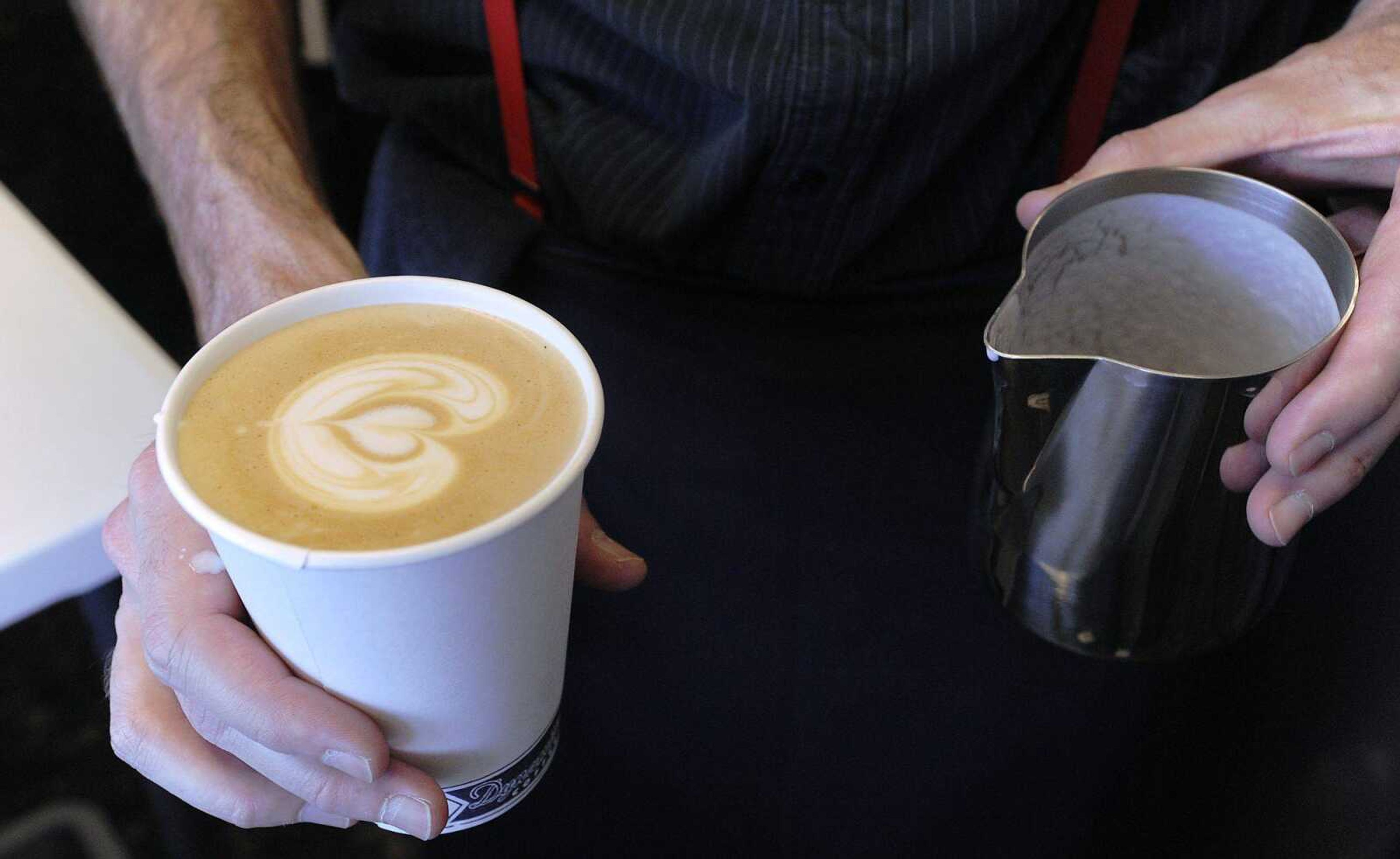
Q: Where do the coffee beans you serve come from?
A: I use a roaster in Los Angeles, Handsome Coffee Roasters. The coffee served here is grown between the tropics -- the Tropic of Cancer and the Tropic of Capricorn -- in Central and South America and Africa. They're seasonal. It's an agricultural product so it varies. Even if I got the exact same coffee from the exact same place year to year, it's going to change. A good comparison would be wine. It's climate, soil, how much rain they had this year, what other crops are grown around it. From where it's grown, everything that's done to it before it gets to me matters. Then when I get it, it's basically my responsibility not to mess it up.
Q: While food trucks growing in popularity in larger cities, how did you decide a portable trailer was the right way to start your business?
A: This was something I could get into that I could afford. I could throw most of my investment into stuff that I could take with me. I'm on track to be debt free by the end of the year. I hope this does take off more, but I like the idea of being able to cater events or do farmers markets. I can go to where the people are, so that's great. I do have another full-time job, which is industry related. I work for Espresso Parts, an industry leader in supplying equipment. We do custom espresso machines and grinders.
Q: What are your long-term goals?
A: This is the beginning of a dream. I do want to own a brick and mortar shop. I want to own a roasting operation and to go beyond that and own coffee farms. I want to find ways to, as cliched as it sounds, leave this world better than I found it. For me, coffee is a great way to do that. I want to close that loop. I want to own the whole process, not out of greed, but because there's so much to learn if you can have all those elements in the same feedback loop. If I can know more, I can produce even better results here producing these drinks. I want to improve the quality of life of the people invested in the process.
Connect with the Southeast Missourian Newsroom:
For corrections to this story or other insights for the editor, click here. To submit a letter to the editor, click here. To learn about the Southeast Missourian’s AI Policy, click here.
